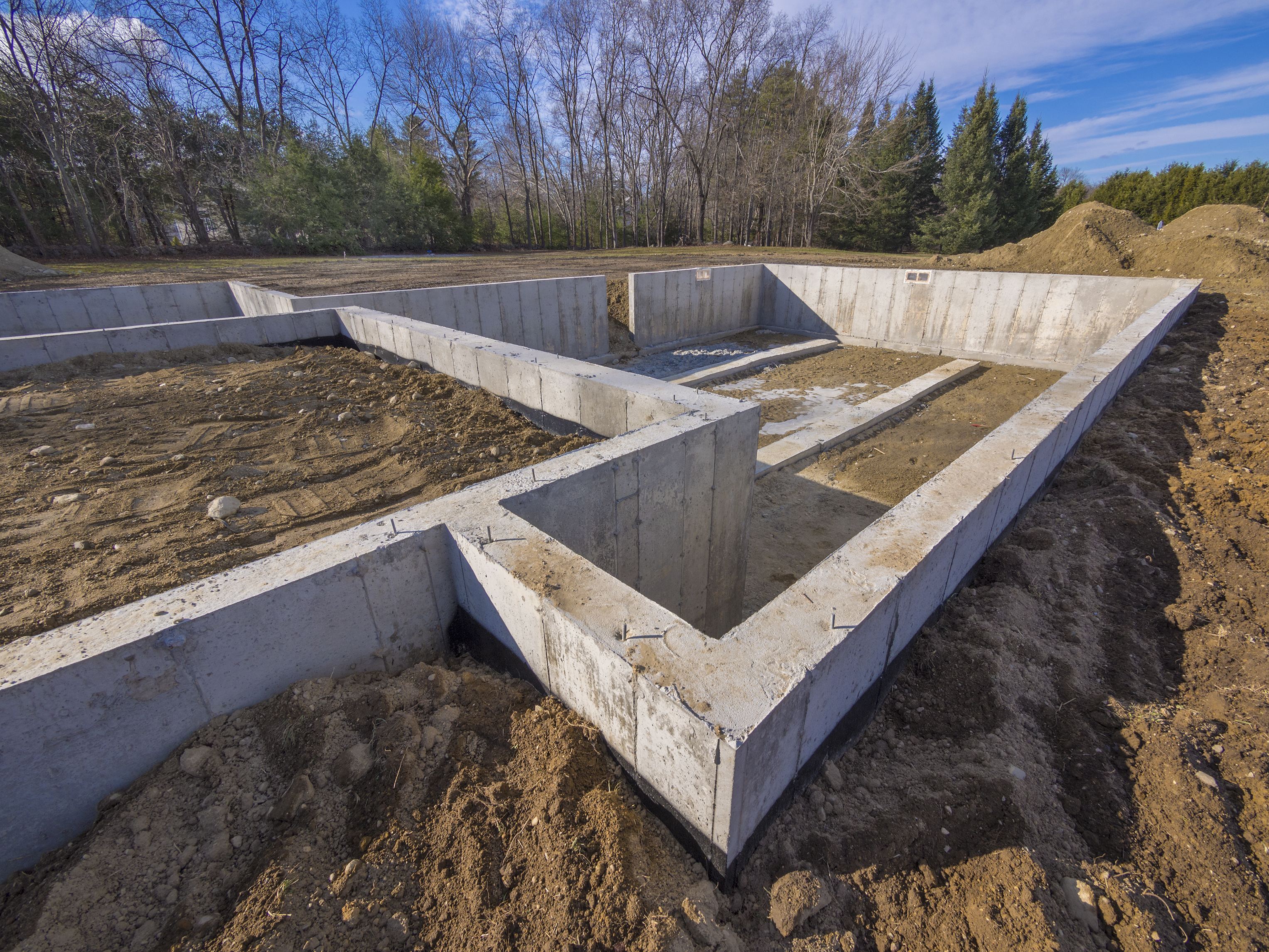
Mastering the Elements: How Weather Impacts Excavation Projects Oct 14, 2025
As the seasons change, so do the challenges that excavation teams face. Rain, snow, extreme heat, and cold can all influence excavation, often dictating the timeline, safety protocols, and equipment needed for a project. Here’s how each element plays its part.
Rain is one of the most frequent factors affecting excavation projects. Heavy rainfall can lead to saturated soil conditions, which compromise the stability of the ground. This may result in delays due to the need for additional drainage solutions or, in severe cases, can halt operations entirely to avoid safety risks such as landslides or machinery getting stuck. Planning for sufficient drainage systems and ensuring that the soil is stable before excavation begins can mitigate some of these challenges.
Snow and frost present their own set of hurdles. Cold weather can freeze the ground, making it harder and more time-consuming to dig. This adds wear and tear to machinery and can slow down progress significantly. Icicles can form, adding risk to above-ground operations. Conversely, melting snow can lead to similar issues as rain, with waterlogging becoming a problem. It's important to schedule work during the late morning or afternoon when the ground may be more thawed and to keep equipment in optimal operating condition to deal with these issues as effectively as possible.
When it comes to extreme heat, the impacts are often underestimated but can be just as severe. Higher temperatures can cause dehydration and fatigue amongst workers, which not only affects productivity but increases the risk of accidents. Moreover, some machinery may overheat, leading to potential downtime. Implementing a comprehensive heat safety plan and ensuring regular breaks and hydration is crucial to maintaining both the safety and efficiency of an excavation site during the summer months.
Windy conditions can also affect excavation operations, particularly when using cranes or other tall machinery. Wind can cause equipment to sway, creating dangerous conditions for workers and risking damage to nearby structures. Having a detailed safety plan in place that includes wind speed thresholds for halting operations can prevent accidents and equipment damage.
At Full Throttle Excavation LLC, planning is an integral part of what we do. Anticipating weather changes and incorporating contingencies in our planning can save time and resources. We use the latest technology for weather forecasting to minimize disruptions, maintaining efficient communication channels to ensure all team members are promptly informed about weather-related adjustments in the schedule.
In conclusion, mastering the elements is essential for successful excavation projects. Understanding the diverse impacts of weather and implementing adaptive strategies to cope with these changes can make a significant difference in the success of a project. Partnering with a proficient and prepared team like Full Throttle Excavation LLC ensures that your excavation projects proceed smoothly, regardless of what Mother Nature has in store. Our experience and proactive approach to handling weather-related challenges ensure that your project stays on schedule and within budget while maintaining the highest safety standards.
/filters:no_upscale()/media/cf196823-39ad-4351-a480-e912e786ea07.jpeg)